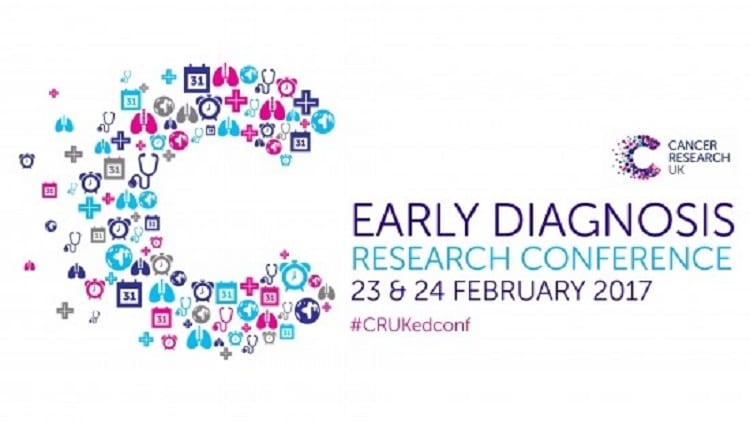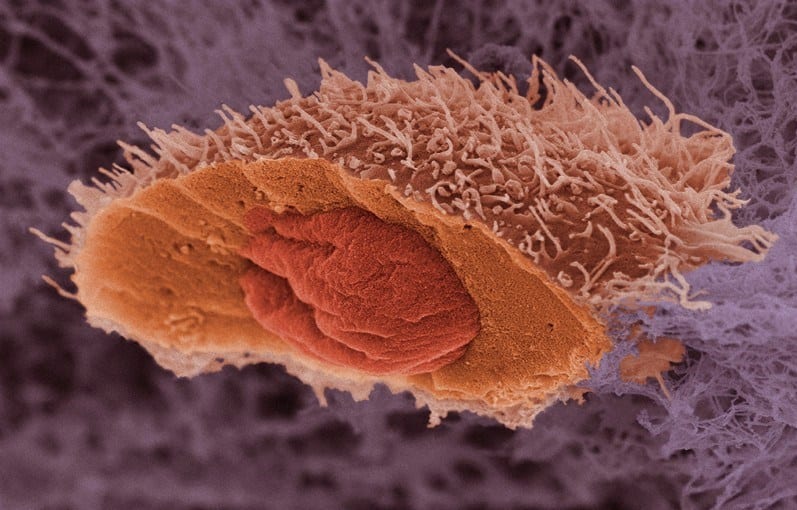Joseph Akanuwe presents doctoral research on cancer detection at early diagnosis research conference

Joseph Akanuwe, research assistant at CaHRU, recently attended the Cancer Research UK’s Fourth Biennial Early Diagnosis Research Conference on 23rd and 24th February 2017 in London. Joseph whose abstract was selected for a poster presentation was awarded a bursary to Continue reading Joseph Akanuwe presents doctoral research on cancer detection at early diagnosis research conference

